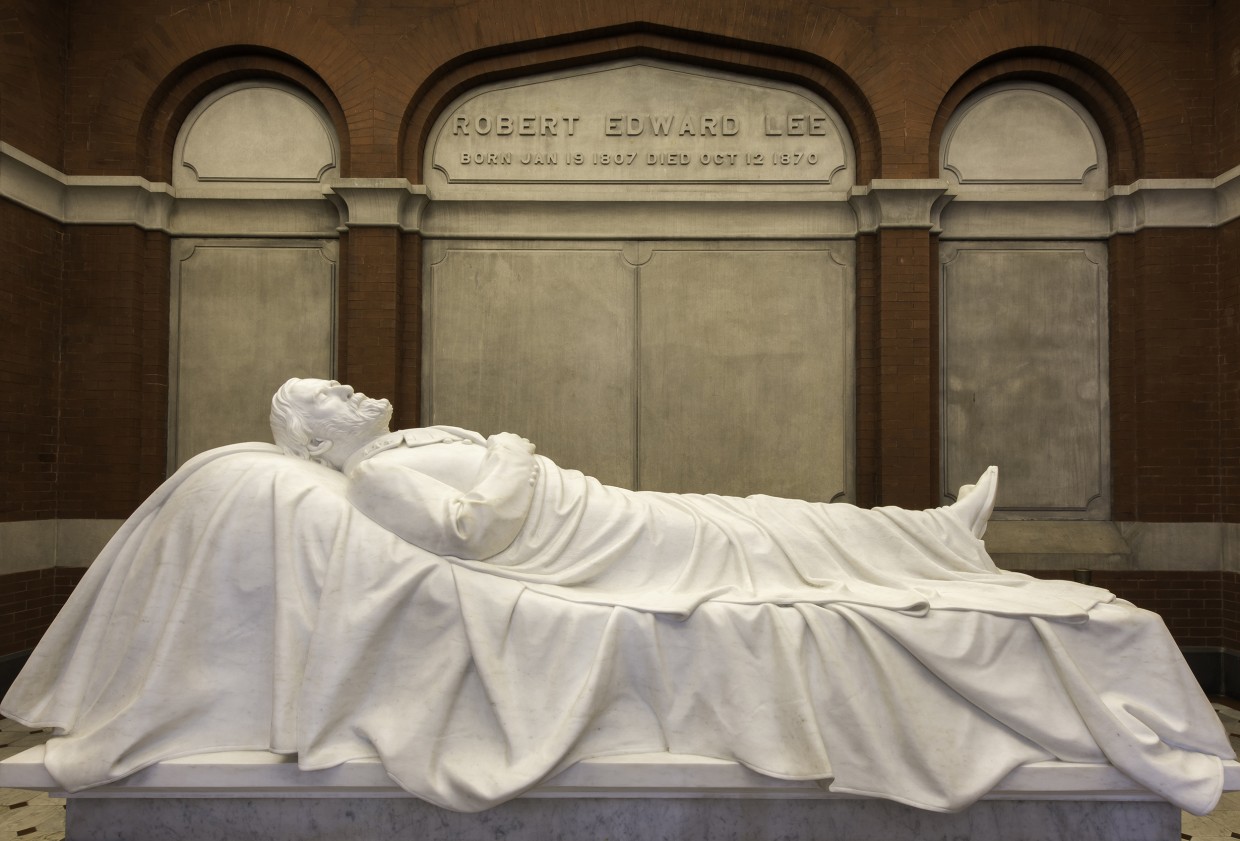Let’s face it: with minimal effort, anyone can find unsavory origins of most college names, and towns, businesses, and buildings for that matter.
Where do we draw a line between erasing the past, ignoring that it happened, or acknowledging past wrongs and moving forward?
I like what the Brits did with the Colston Statue in Bristol, England. (If you don’t know that story, look it up. I’ll get back to colleges in a minute…) In 2020, protestors tore it down, vandalized it, and threw it in the harbor. The city retrieved it and put it in a museum, on its side, still vandalized, and prominently (albeit temporarily) displayed with placards giving historical and contemporary context, including many of the placards made by protesters. It was no longer on display to honor a slave trader, but instead, a clear attempt to right a wrong and acknowledge WHY it was torn down. Many buildings and streets in Bristol with the name Colston have been renamed.
I also completely recognize that we must consider context and what was “acceptable” at the time. Though it isn’t a college, I actually have much more of a problem with John Wayne Airport. John Wayne was not a hero, IMO. Within most of our lifetimes, and in a time when he absolutely should have “known better”, he made reprehensible comments about African Americans and Native Americans.
There are degrees of “bad actors” and I find some college names more problematic than others. W&L is a good example of a name that is overdue for changing. As the most famous of Confederate generals, he was fighting for a cause which, even during that time, he should have recognized as being wrong. He was (obviously) aware that half he nation felt his cause was unjust. The trustees should have changed the name generations ago.
I don’t know if I feel the same about Thomas Jefferson University. Jefferson lived in a different time and was a founder of the nation. It would be hard to argue that he deserves no credit for that and that his name should be replaced with something else. I know almost nothing about this university, but I hope it at least acknowledges Jefferson’s past wrongs in regards to enslaved people.
In the case of both of these colleges, I can see why the names of these schools could cause negative feelings for prospective students and their parents. If I was going through the college process again, would I consider the name of the college and its possible unpalatable associations? I would consider context, and what the institution is doing to address those concerns.
